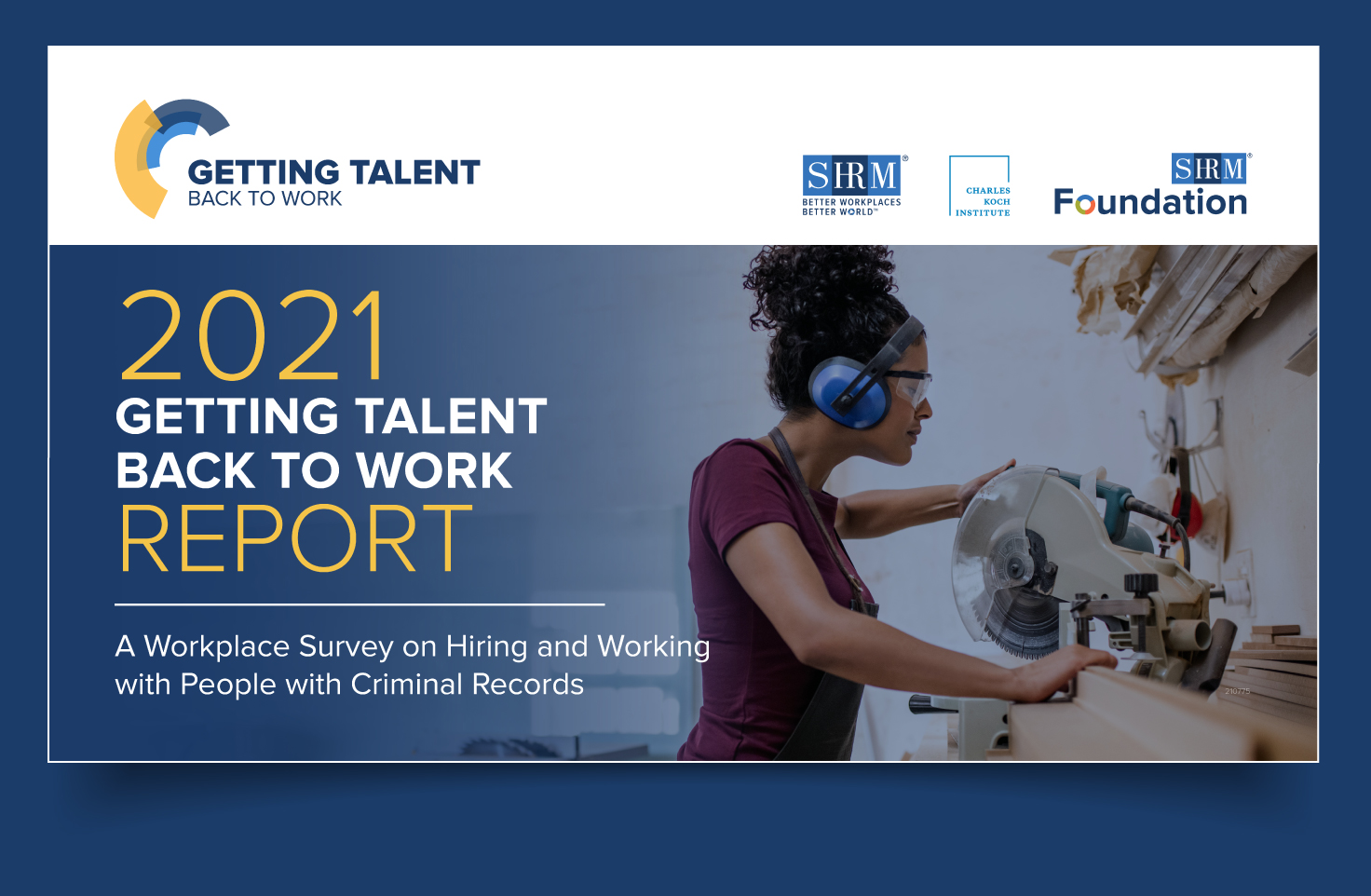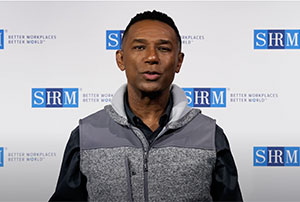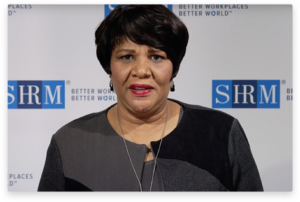People with criminal records—especially the formerly incarcerated—face enormous barriers to employment. Talented and eager to work, this untapped pool of workers can bring great value to employers and communities when given the opportunity to thrive and succeed in the workplace. But too often, they are denied the opportunity they need to put their skills to work due to deeply rooted biases and harmful misperceptions.

Employer Benefits
Organizations benefit in a variety of ways from employing people with criminal records.
Talented workers are widely available due to being ignored by the broader workforce
Employing second chance workers builds inclusive, diverse, and successful workplaces
Creating opportunities for people with criminal records demonstrates good corporate citizenship and builds stronger communities

Second Chance Barriers
Despite many employer benefits, significant barriers exist for people with criminal records.
One-third of working-age U.S. adults have a criminal record
26% of managers and 14% of HR professionals are unwilling to hire people with criminal records
Prior to the COVID-19 pandemic, 27% of formerly incarcerated people were unemployed
Many people with criminal records are underemployed or in insecure jobs
82% of managers and 67% of HR professionals think that the value new employees with criminal records bring to the organization is as high as or higher than that of workers without records.
Take the first step toward learning how to reduce barriers for people with criminal records in your workplace.
85% of HR and 81% of Business Leaders report that individuals with criminal records perform the same as or better than employees without criminal records.
The research is clear: Most employers say workers with criminal records perform just as well as or better than other employees. Addressing stigmas can lead to more understanding and inclusive workplaces.
SHRM Foundation’s Getting Talent Back to Work initiative is leading the way to reduce barriers and build bridges to employment for people with criminal records, believing strongly in the power of HR in building diverse and inclusive workplaces that deliver value to people and business. In this hub, HR professionals and employers can find all the resources, tools, and case studies needed to attract, hire, and retain people with criminal records.



Johnny C. Taylor, Jr., SHRM-SCP
President and CEO, SHRM
“A criminal record should never be viewed as an automatic disqualification for employment. It’s time to put an end to the stigma that holds back inclusive hiring and retire outdated employment practices and HR must lead the way.”
Real People, Real Stories
Opportunity for Everyone
The SHRM Foundation’s Getting Talent Back to Work initiative is a multi-faceted program for HR professionals, hiring managers and front-line supervisors designed to equip them with the actionable knowledge and tools needed to attract, hire, and retain people with criminal records.
The SHRM Foundation is committed to elevating and empowering HR as a social force, leading positive social change impacting all things work. SHRM impacts more than 115 million employees through the work of its more than 300,000 HR and business leaders globally. Learn more about the SHRM Foundation at shrmfoundation.org or follow the conversation at #WeAreWork and #GettingTalentBacktoWork.





